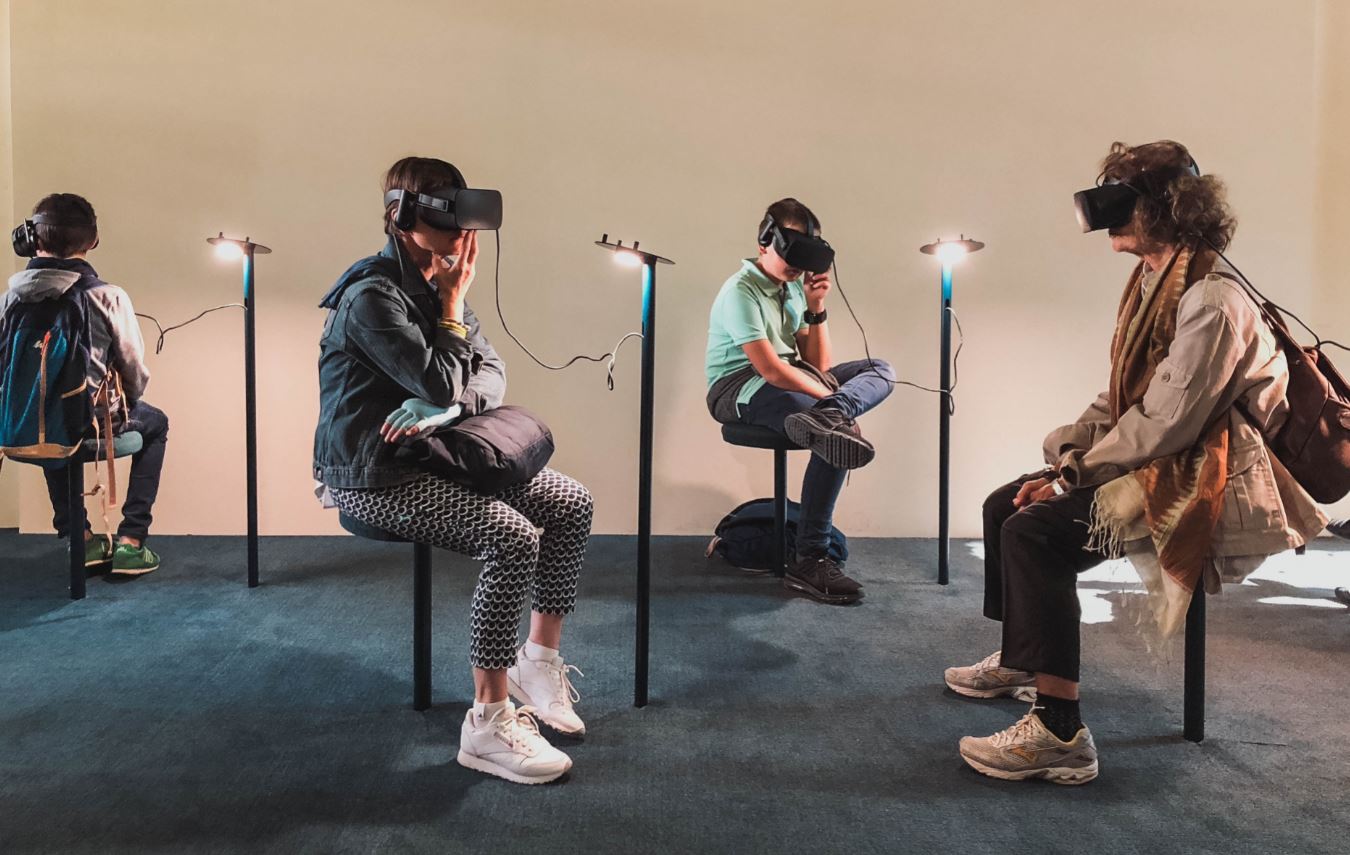
How AI and emerging technologies will help create an educational environment of continual learning and positive feedback loops
by Pisana Ferrari – cApStAn Ambassador to the Global Village
The next wave of innovation in education may well be “extreme”, say the authors of this recent article for Medium (1). Formal education, designed in an analog world and forcing everyone to take the same curriculum, is woefully out-of-date. AI and other emerging technologies, as well as new knowledge about how we learn and how we live in a connected society, will revolutionize the system. Personalized curricula on a per student basis, and changes in the delivery of education in order to move from passive to active learning, are two key areas where technology will play a key role.
Ben Nelson explains how in the Minerva educational system (2) the professors aren’t allowed to talk for more than four minutes at a time. Their job is really to facilitate novel application from students on what they have studied so that class time is used to further their intellectual development. Classes are conducted online via live video with students together, but with the professors teaching from all over the world. “We don’t let geography constrain them”. This allows for two things, he says, firstly for professors to be the best in the world in their subjects, and, secondly, it enables students to change their location.
Virtual and augmented reality open up even more exciting educational applications, in line with the idea of active learning. At Capitol One design education leader Stephen Anderson believes that augmented reality will effectively replace the need to be on a have a laptop type interface (3). Think of 30 students in 30 different parts of the world having an immersive real life experience with a professor with the data overlay. If you remove all boundaries and constraints, you can think very differently about what the nature of education should be, Anderson concludes.
Footnotes:
1) “Humans, Machines, and the Future of Education – https://towardsdatascience.com/humans-machines-and-the-future-of-education-b059430de7c
2) Ben Nelson, the Founder of Minerva Schools at KGI espouses a connected education, one that leverages the information sharing power of technology, with a systems thinking approach that sees the importance of connecting each part of the experience together. More at https://www.minerva.kgi.edu
3) Stephen Anderson, a design education leader who is Head of Practice Development at Capital One, sees emerging tech like augmented reality as the next step to creating an environment of continual learning and positive feedback loops.
Photo credit: Lucrezia Carnelos @ Unsplash